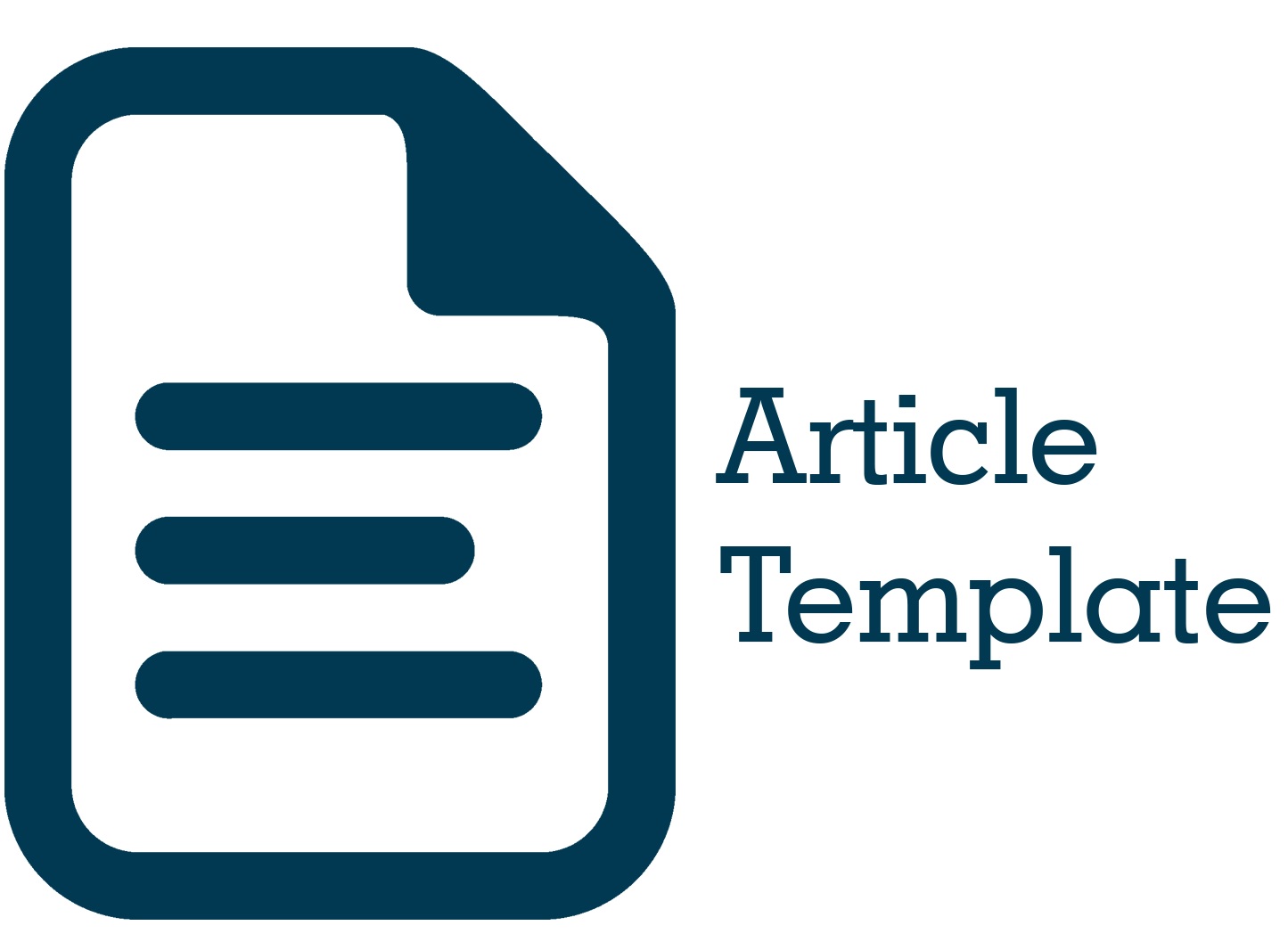Understanding Adolescent Financial Behavior: The Role of Lifestyle, Self-Control, and Family Socioeconomic Status in E-Money Usage
DOI:
https://doi.org/10.51135/PublicPolicy.v6.i1.p155-172Keywords:
Behavioral Patterns, e-Money, Adolescent ClustersAbstract
This study examines adolescent e-money usage behavior in Ambon, influenced by lifestyle, self-control, and family socioeconomic status. Data from surveys, interviews, and observations were analyzed using cluster and descriptive statistical analysis. Findings show that adolescents are grouped into three behavioral categories: Good, Fair, and Poor. Higher family socioeconomic status increases spending tendencies, while low self-control leads to impulsive transactions driven by promotions and peer influence. Additionally, the more money stored in e-money, the more frequently adolescents spend without financial consideration.
Downloads
References
Agustina, R., Zainudin, M., & Mujahidin, A. (2020). Pengaruh Literasi Ekonomi dan Tingkat Pendapatan Orang Tua Terhadap Perilaku Konsumtif Siswa. Jurnal Pendidikan Edutama, 1, 1–11, http://repository.ikippgribojonegoro.ac.id/940/1/Jurnal%20Rika%20Agustina.pdf
Baumeister, R. F., Vohs, K. D., & Tice, D. M. (2007). The strength model of self-control. Current Directions in Psychological Science, 16(6), 351–355. https://doi.org/10.1111/j.1467-8721.2007.00534.x
Bradshaw, T. K., Vine, E., & Barth, G. (2024). Lifestyles. Competition for California Water: Alternative Resolutions, 01, 113–135. https://doi.org/10.1558/ecotheology.v9i1.124
Dewanta, A., & Putri, A. I. N. (2022). Pengaruh E-Money Terhadap Permintaan Uang pada Sebelum dan Sesudah Covid-19. Jurnal Kebijakan Ekonomi Dan Keuangan, 1(2), 186–197. https://doi.org/10.20885/jkek.vol1.iss2.art5
Dilasari. (2020). Financial Literacy, Financial Behaviour, Financial Attitude, Life Style, Locus of Control. PLatform Riset Mahasiswa Akuntansi, 01(04), 74–87, https://ojs.stiesa.ac.id/index.php/prisma/article/download/658/222
Ekaningtyas, N. L. D. (2022). Psikologi Dalam Dunia Pendidikan. Padma Sari: Jurnal Ilmu Pendidikan, 2(01), 29–38. https://doi.org/10.53977/ps.v2i01.526
Ghufron, M. N., & Risnawita, R. S. (2010). Teori-Teori Psikologis, Yoyakarta, Ar-Ruzz media
Halim, Y. K. E., & Astuti, D. (2015). Financial Stressors, Financial Behavior, Risk Tolerance, Financial Solvency, Financial Knowledge, dan Kepuasan Finansial. Finesta, 3(1), 19–23. https://surl.li/mnynmv
Hasibuan, B. K., Lubis, Y. M., & HR, W. A. (2018). Financial Literacy and Financial Behavior as a Measure of Financial Satisfaction. 46(Ebic 2017), 503–507. https://doi.org/10.2991/ebic-17.2018.79
Inayah, L. (2022). Gaya Hidup Hedonis dengan Perilaku Konsumtif Pengguna E-Money pada Mahasiswa 17 Agustus 1945 Surabaya. Jurnal Penelitian Psikologi, 3(02), 196–198, https://jurnal.untag-sby.ac.id/index.php/sukma/article/view/7732/5304
Kanserina. (2015). Perilaku Konsumtif Mahasiswa Jurusan Pendidikan Ekonomi UNDIKSHA 2015. 5(1). https://ejournal.undiksha.ac.id/index.php/JJPE/article/view/5213
Lindananty, L., & Angelina, M. (2021). Pengaruh Pengaruh Literasi Keuangan, Perilaku Keuangan dan Pendapatan terhadap Keputusan Investasi Saham. Jurnal Buana Akuntansi, 6(1), 27–39. https://doi.org/10.36805/akuntansi.v6i1.1298
Pebriani, R. A., Sari, R., & Hendarmin, R. R. (2022). Membangun Ketahanan Keuangan Keluarga Melalui Literasi Keuangan pada Ibu Rumah Tangga di Desa Sembawa Masa Ppkm Covid-19. SELAPARANG: Jurnal Pengabdian Masyarakat Berkemajuan, 6(3), 1387. https://doi.org/10.31764/jpmb.v6i3.8754
Pipit Muliyah, Dyah Aminatun, Sukma Septian Nasution, Tommy Hastomo, Setiana Sri Wahyuni Sitepu, T. (2020). Exploring Learners’ Autonomy In Online Language-Learning In Stai Sufyan Tsauri Majenang, Journal Getsepena English Education Journal, 7(2), 382-394. https://doi.org/10.46244/geej.v7i2.1164
R.K, I. Ayu Kade. (2023). Pengaruh Penggunaan E-Money, Gaya Hidup, Pengendalian Diri Terhadap Perilaku Konsumtif Mahasiswa STIE Surakarta. Journal Transformation of Mandalika, 4(5), 160–169. http://ojs.cahayamandalika.com/index.php/jtm/issue/archive
Ulayya, S., & Mujiasih, E. (2020). Hubungan Antara Self Control dengan Perilaku Konsumtif Pengguna E-Money pada Mahasiswa Fakultas Psikologi Universitas Diponegoro. Jurnal EMPATI, 9(4), 271–279. https://doi.org/10.14710/empati.2020.28950
Urban, Greg. (2022). Business. A Handbook of Economic Anthropology, 353–367, https://doi.org/10.4337/9781839108921.00038

Downloads
Published
How to Cite
Issue
Section
License
Copyright (c) 2025 author(s)

This work is licensed under a Creative Commons Attribution-ShareAlike 4.0 International License.
Authors whose manuscripts are published in the Journal of Public Policy must agree to the following terms;
- Publication rights for all manuscript materials published are held by the editorial board with the author's consent.
- The legal formalities for digital access to the Journal of Public Policy are subject to the Creative Commons Attribution Sharealike (CC BY SA) license, which means the Journal of Public Policy has the right to store, redistribute, reformat, manage in a database, maintain, and publish the manuscript without seeking permission from the author as long as the author's name is included as the copyright owner.
- Published manuscripts are open access for the purpose of disseminating research results. Besides this purpose, the editorial board is not responsible for copyright law violations.


.png)



